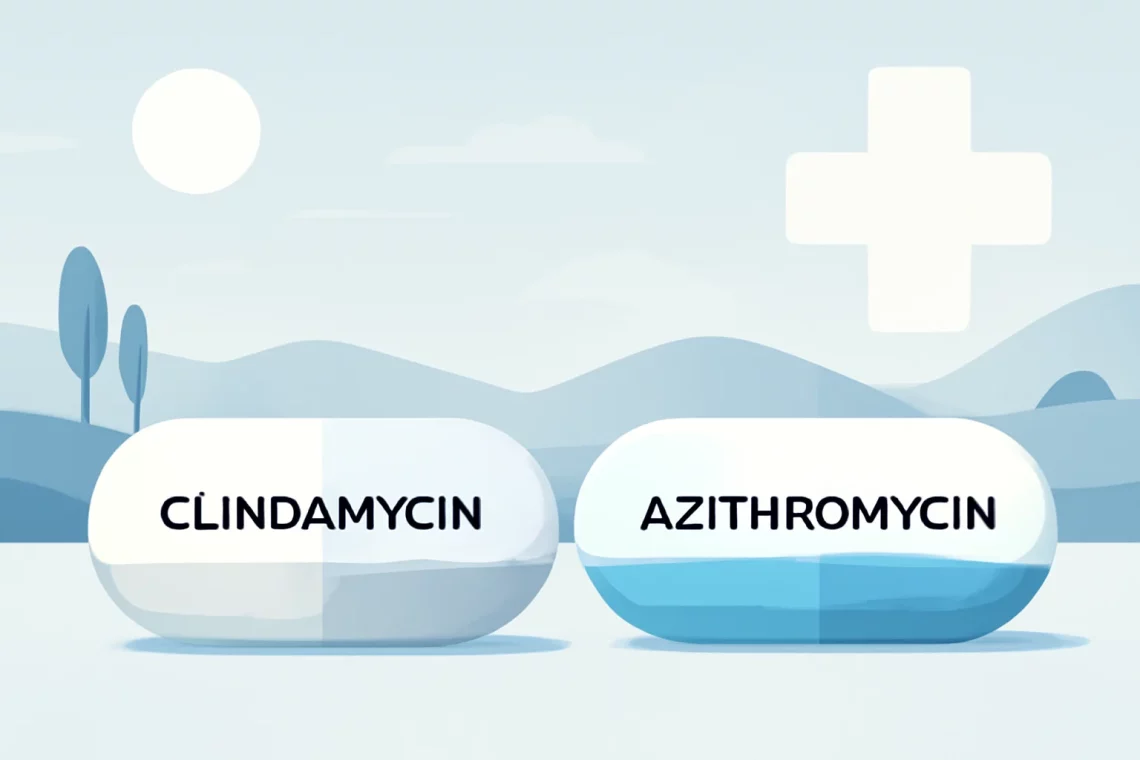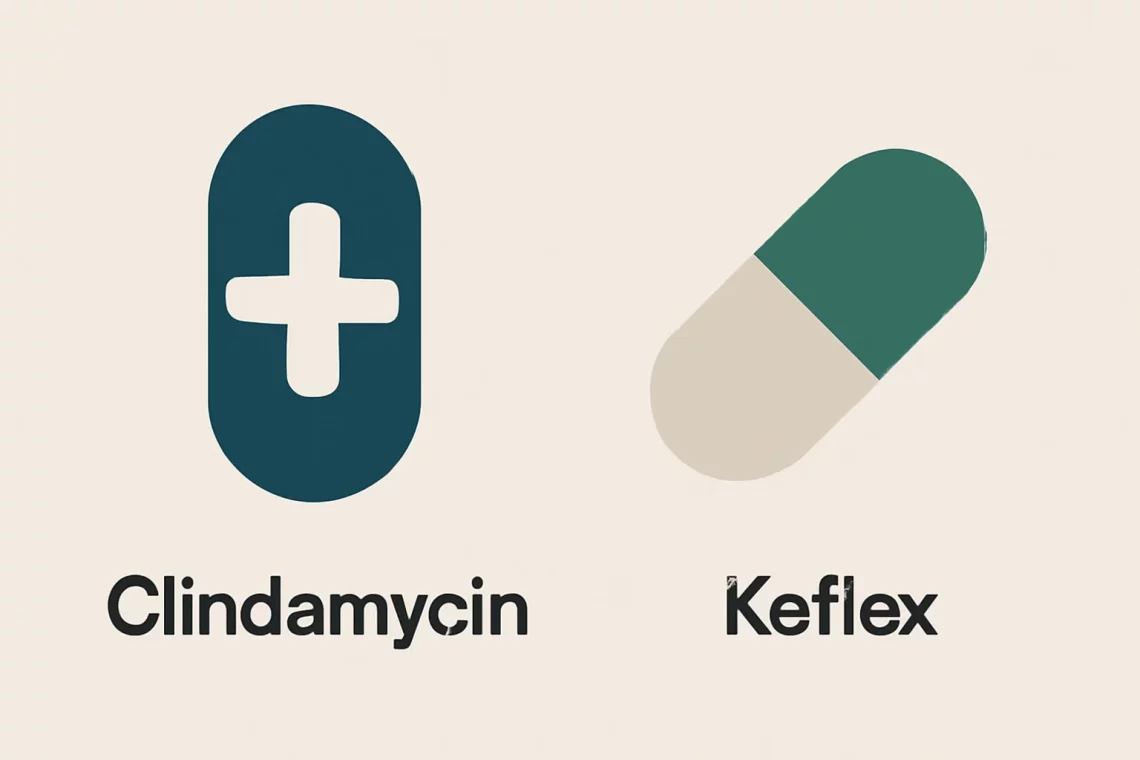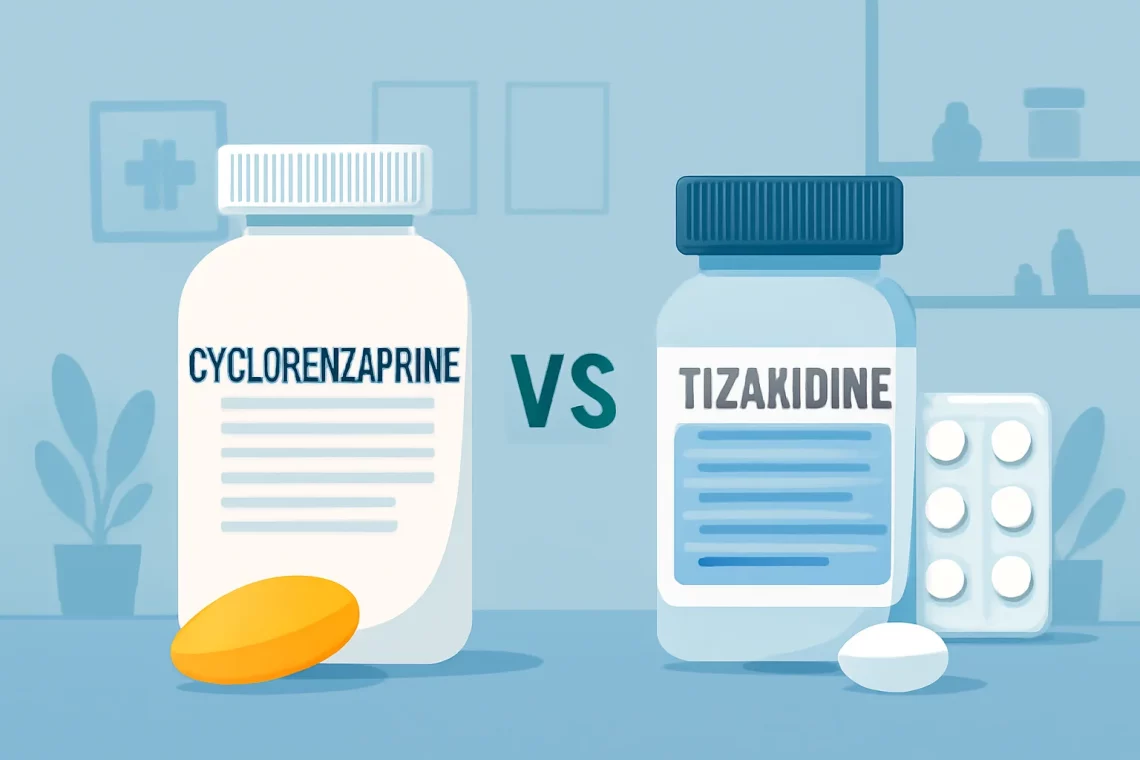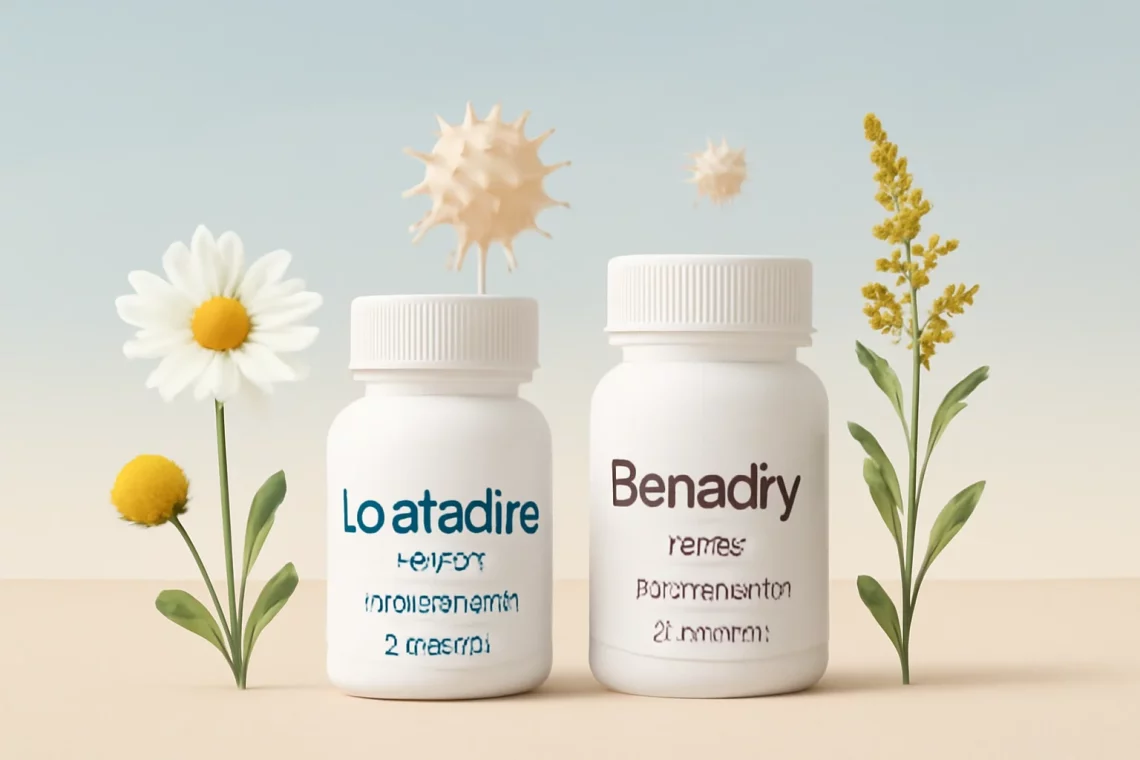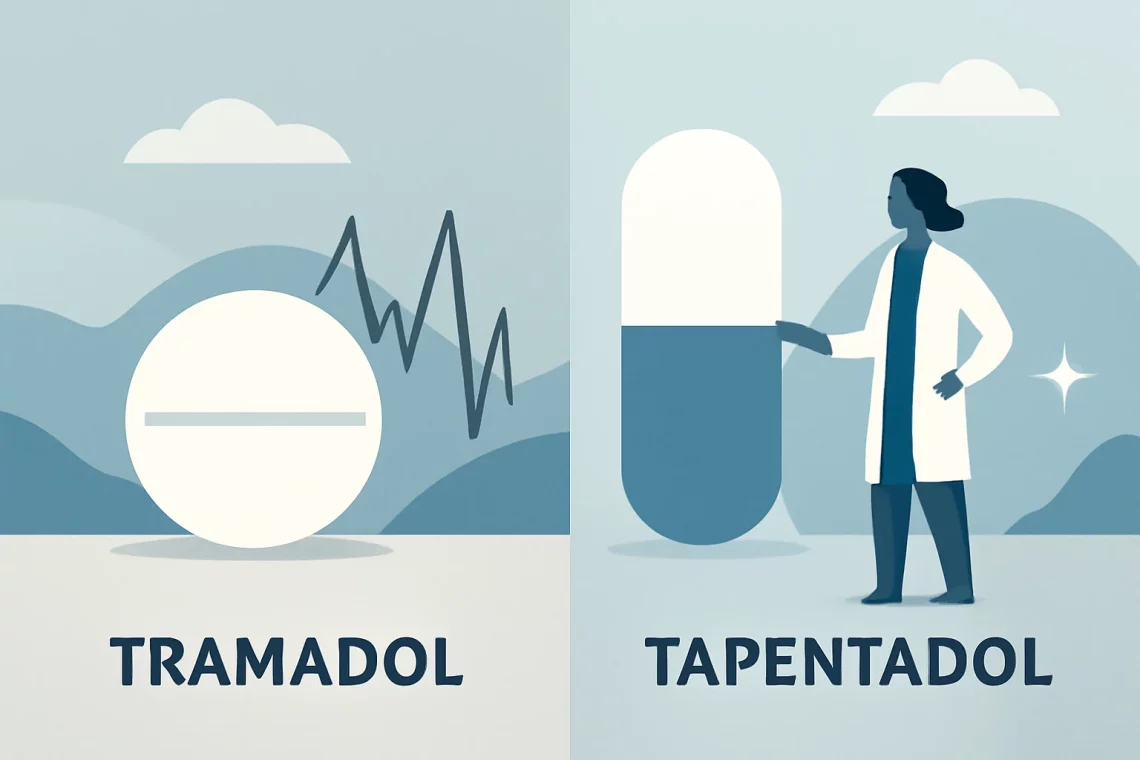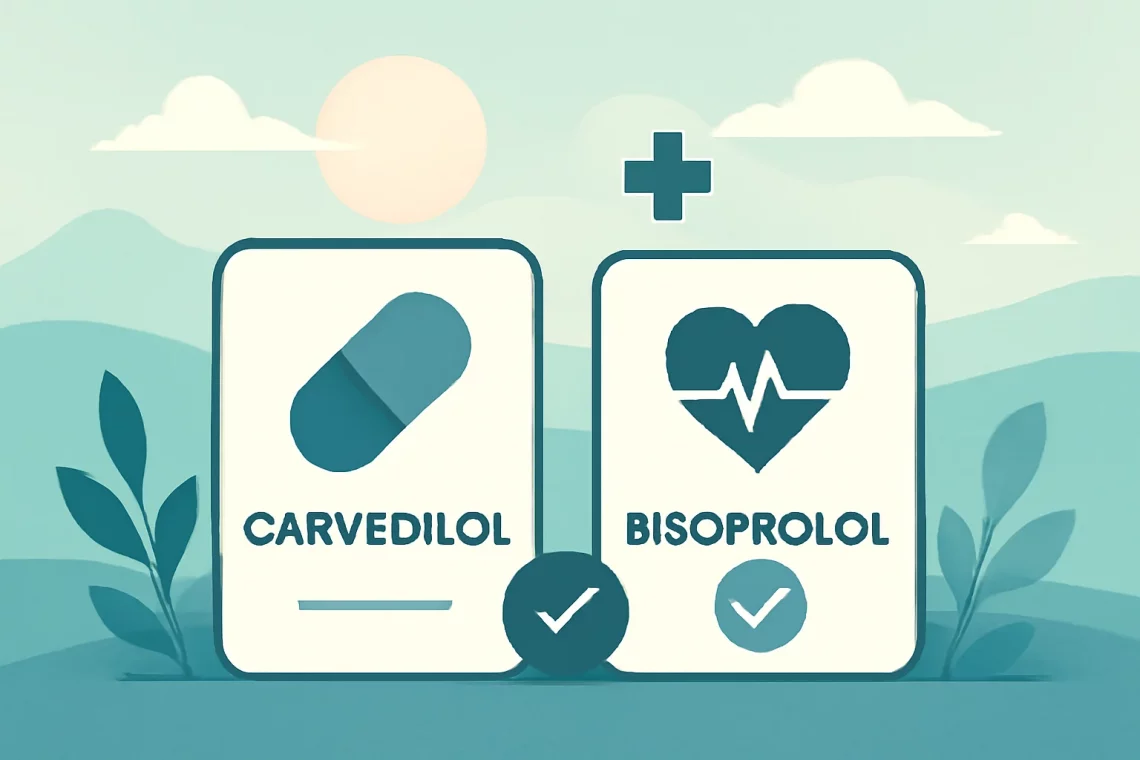-
Clindamycin vs Azithromycin: Which Antibiotic Is Right for You?
Clindamycin and azithromycin are two antibiotics that belong to different classes and are often prescribed to treat various bacterial infections. Both medications are effective against specific pathogens but have distinct mechanisms of action and side effect profiles. Understanding the differences between these two antibiotics is essential for both healthcare professionals and patients. Clindamycin is a lincosamide antibiotic that primarily inhibits bacterial protein synthesis, making it effective against anaerobic bacteria and certain Gram-positive organisms. It is often used for skin and soft tissue infections, as well as respiratory tract infections. Azithromycin, on the other hand, is a macrolide antibiotic that also inhibits protein synthesis but acts on a broader spectrum of…
-
Clindamycin vs Keflex: Which Antibiotic Is Right for You?
Clindamycin and Keflex are two antibiotics commonly used to treat bacterial infections. While both medications belong to different classes of antibiotics and target various types of bacteria, they play crucial roles in managing infections. Understanding the differences and similarities between these medications can help patients and healthcare providers make informed choices regarding treatment options. In recent years, antibiotic resistance has emerged as a significant public health concern, highlighting the importance of selecting the appropriate antibiotic for each specific infection. Clindamycin, a lincosamide antibiotic, is often prescribed for serious infections caused by anaerobic bacteria and certain types of streptococci and staphylococci. On the other hand, Keflex, the brand name for cephalexin,…
-
Cymbalta vs Elavil: A Comprehensive Comparison of Two Antidepressants
Cymbalta and Elavil are two medications frequently prescribed for various mental health conditions, particularly depression and anxiety disorders. As the understanding of mental health evolves, so too do the treatment options available to patients. Cymbalta, generically known as duloxetine, is a serotonin-norepinephrine reuptake inhibitor (SNRI) that has gained popularity for its dual-action mechanism of targeting both serotonin and norepinephrine, neurotransmitters that play significant roles in mood regulation. On the other hand, Elavil, or amitriptyline, belongs to a class of medications known as tricyclic antidepressants (TCAs), which have been used for decades to treat depression, anxiety, and even chronic pain. Both medications have their unique profiles, side effects, and potential interactions,…
-
Cyclobenzaprine vs Tizanidine: Key Differences and Uses Explained
Cyclobenzaprine and tizanidine are two medications commonly prescribed to manage muscle spasms and associated discomfort. Both belong to the category of muscle relaxants but differ significantly in their mechanisms of action, indications, and side effects. Understanding these differences is crucial for healthcare providers and patients alike, as it can influence treatment choices and outcomes. Cyclobenzaprine is primarily used for short-term relief of muscle spasms, often resulting from acute musculoskeletal conditions. It works by acting on the central nervous system, helping to reduce muscle tightness and discomfort. On the other hand, tizanidine operates differently by acting as an alpha-2 adrenergic agonist, which decreases spasticity by inhibiting the release of excitatory neurotransmitters.…
-
Lyrica vs Topamax: A Comprehensive Comparison of Two Medications
The landscape of pharmaceuticals is vast and complex, with countless medications available to treat a variety of conditions. Among these medications, Lyrica and Topamax have gained prominence in managing certain neurological and psychological disorders. Both drugs serve specific purposes, but they come with their own sets of benefits and side effects, making the choice between them a critical decision for individuals seeking relief from debilitating symptoms. Understanding these medications requires a deeper look into their mechanisms, uses, and potential side effects. As individuals navigate their treatment options, it becomes essential to evaluate not just the effectiveness of each drug but also how they interact with one another and with the…
-
Loratadine vs Benadryl: Which Allergy Medication Is Right for You?
Allergies can be a significant nuisance, affecting millions of individuals worldwide. The symptoms often include sneezing, itching, runny nose, and even hives, prompting many to seek relief through antihistamines. Two popular options in this category are Loratadine and Benadryl. While both medications aim to alleviate allergy symptoms, they work through different mechanisms and come with varying side effects. Understanding the differences between these two medications can help individuals make informed decisions about their treatment options. Loratadine, an antihistamine that has gained popularity due to its non-drowsy formula, is commonly used for seasonal allergies and hay fever. In contrast, Benadryl, which contains diphenhydramine, is known for its sedative effects and is…
-
Tramadol vs Tapentadol: Key Differences in Pain Management Options
Tramadol and tapentadol are two medications commonly prescribed for the management of moderate to severe pain. Both drugs belong to a class of medications known as analgesics, but they differ in their chemical structure, mechanism of action, and side effect profiles. As pain management continues to be a critical aspect of healthcare, understanding the nuances between these two medications can help patients and healthcare providers make informed decisions. The rise in opioid prescriptions has sparked discussions regarding the safety and efficacy of various pain management options. Tramadol, often viewed as a less potent alternative to traditional opioids, has gained popularity due to its lower risk of addiction. Tapentadol, on the…
-
Carvedilol vs Bisoprolol Which Beta-Blocker Is Right for You?
Carvedilol and bisoprolol are two prominent medications commonly prescribed for managing cardiovascular conditions, particularly hypertension and heart failure. As beta-blockers, they share similar mechanisms of action but differ in their specific applications, side effects, and efficacy profiles. Understanding these differences is essential for both healthcare professionals and patients to make informed decisions about treatment options. In recent years, the focus on cardiovascular health has intensified, with a growing emphasis on personalized medicine. This approach tailors treatment plans to individual patient needs, making it crucial to compare various medications. Carvedilol is known for its ability to provide additional benefits beyond heart rate reduction, such as vasodilation, which can lead to improved…
-
Trazodone vs Belsomra: Which Sleep Aid is Right for You?
Trazodone and Belsomra are two medications often utilized in the management of sleep disorders and mood-related conditions. As the prevalence of insomnia and other sleep-related issues continues to rise, many individuals find themselves exploring various treatment options. Prescription medications can offer significant relief, but understanding the differences between these drugs is crucial for making informed decisions about treatment. Trazodone, originally developed as an antidepressant, has gained popularity as an off-label sleep aid due to its sedative properties. Its ability to promote sleep and improve overall sleep quality has led to widespread use, but it is important to consider its side effects and interactions with other medications. On the other hand,…
-
Cyclobenzaprine vs Valium: Understanding Their Differences and Uses
Cyclobenzaprine and Valium are two medications that are often discussed in the context of managing muscle spasms and anxiety. As individuals seek effective solutions for various health issues, understanding the differences, uses, and potential side effects of these medications becomes essential. Both drugs have unique mechanisms of action and are prescribed for different conditions, yet they can sometimes be confused due to their similar effects on the body. In this landscape of pharmaceuticals, it is crucial for patients and healthcare providers alike to make informed decisions regarding treatment options. Knowledge of how these medications interact with the body, their indications, and contraindications can significantly influence patient outcomes. As we delve…
